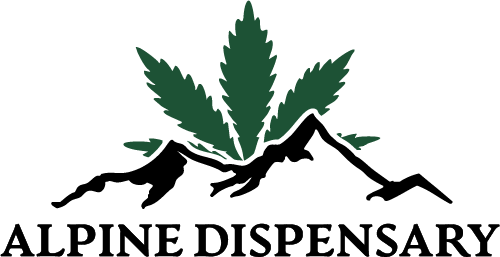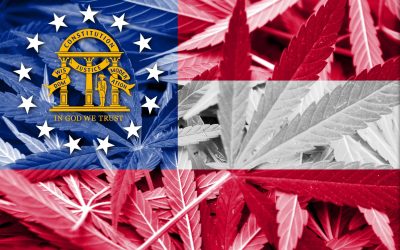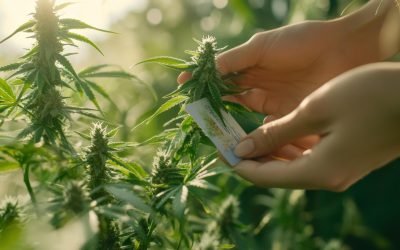Recent legislation in Georgia—Senate Bill 494 (S.B. 494) and House Bill 1322 (H.B. 1322)—is raising serious concerns among CBD consumers and small businesses. These laws, aimed at increasing regulation on CBD products, may actually end up doing more harm than good. At Alpine Dispensary in Helen, GA, we believe it’s important to address the significant negative impacts these bills will have on access to CBD and the local economy.
What Is S.B. 494, and Why Is It Problematic?
S.B. 494 places more stringent regulations on CBD products, making it harder for dispensaries and retailers to operate. While some may argue that regulation is necessary, this bill creates unnecessary obstacles for both businesses and consumers.
Key Concerns About S.B. 494:
- Increased Operational Costs: Dispensaries now face tighter controls, which means higher costs for compliance. These additional costs are likely to be passed on to consumers, making CBD products more expensive for those who rely on them for wellness and relief.
- Fewer Retail Options: Smaller businesses may struggle to meet the new regulatory requirements, leading to closures or fewer product options for consumers. This reduction in competition benefits large corporations but harms local, independent dispensaries like Alpine Dispensary.
How Does H.B. 1322 Hurt the CBD Market?
House Bill 1322 introduces more regulations on hemp-derived CBD products, including stricter labeling and testing requirements. While ensuring product safety is important, this bill overreaches and could ultimately harm both consumers and businesses.
Major Issues with H.B. 1322:
- Excessive Labeling Requirements: H.B. 1322 imposes costly and unnecessary labeling mandates, including extensive testing and product origin tracking. This burdens small businesses, making it more difficult and expensive to bring CBD products to market.
- Age Restrictions: The bill raises the legal age for purchasing CBD products to 21, effectively restricting access for younger adults who benefit from the wellness properties of CBD. This change disproportionately affects consumers who rely on CBD for everyday health benefits.
- Economic Fallout: With increased compliance costs and fewer retail outlets able to meet these stringent regulations, the Georgia CBD industry could see a downturn. Local businesses, especially those in tourist-driven economies like Helen, GA, may face financial hardships as a result.
The Bigger Issue: Misplaced Priorities
One of the most frustrating aspects of both S.B. 494 and H.B. 1322 is that they focus on restricting CBD products—natural, non-toxic wellness products—while ignoring larger public health threats. Harmful carcinogens and chemicals continue to make their way into our food supply with little oversight, yet CBD, a non-psychoactive product, is heavily scrutinized. The state’s focus seems to be misplaced, prioritizing the regulation of a wellness product over addressing more significant health concerns.
How Will These Laws Affect Georgia’s Economy?
The economic implications of these bills are far-reaching. Small, local businesses that sell CBD products, like Alpine Dispensary, will face increased costs, tighter regulations, and more operational difficulties. For many small business owners, the costs of compliance could lead to closure, reducing competition and choice for consumers.
Additionally, Georgia’s CBD market, which has been growing steadily, could see a slowdown. As dispensaries close and product prices rise, consumers may turn to out-of-state or online retailers to meet their needs, causing local economic losses. In areas like Helen, where tourism plays a significant role, limiting access to popular wellness products like CBD could hurt local businesses and the broader economy.
Conclusion
Georgia’s new S.B. 494 and H.B. 1322 laws pose serious threats to CBD access and the local economy. By over-regulating the industry, these laws place an unfair burden on small businesses while ignoring bigger public health issues. Consumers may face higher prices, fewer options, and reduced access to CBD products that have become essential for many. At Alpine Dispensary, we’re committed to continuing to fight for your right to access safe, effective, and affordable CBD products. However, these new laws make it clear that the fight is far from over.
Keywords: Georgia cannabis laws, S.B. 494, House Bill 1322, CBD restrictions, Georgia CBD access, negative impact of cannabis laws, economic impact of CBD laws, Alpine Dispensary Helen, hemp regulations Georgia, new cannabis legislation, CBD regulation Georgia






0 Comments